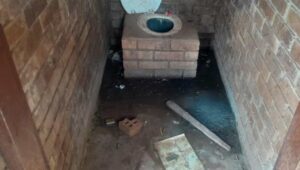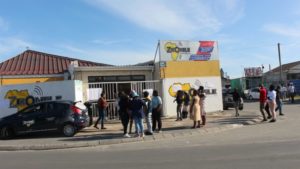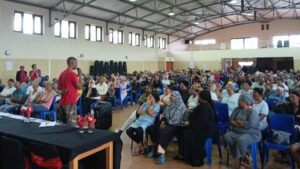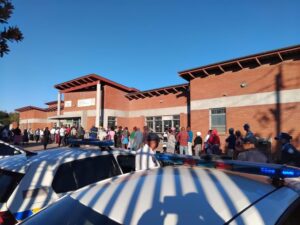The National Union of Metalworkers of South Africa (Numsa) vows to mobilise for a complete national shutdown of the passenger bus industry. This comes after the attempt for unions and employers to overcome an impasse in ongoing wage talks were unsuccessful.
A meeting between Numsa and employer associations – South African Bus Employers Association and Commuter Bus Employers Association (Cabea) – took place yesterday, 12 March. According to a statement released by Numsa, the employers were only willing to offer a wage increase of 4% and ignored the rest of their demands. The union accuses the employers of being greedy and stingy with the subsidies they receive from government, at the expense of the workers.
Where it all started
Wage talks began from the 5th of February until the 9th. By Monday, the 4th of March, Numsa and other unions, including the South African Transport and Allied Workers Union (Satawu), met with employers as part of the conciliation process facilitated by the South African Road Passenger Bargaining Council (Sarpbac). One of the offers that the employer made was for the establishment of a two-tier labour regime; according to the union, the proposal is for newly employed workers not to benefit from a main collective agreement that they reach.
In an interview with Elitsha, union spokesperson, Phakamile Hlubi-Majola said that the three core demands that the union brought forward have been on the table for years and all contribute toward providing a safer working environment for the sector.
“There have been numerous incidents of workers being attacked and shot, especially when caught in the crossfire of protests. Drivers are unable to make ends meet because of the low salaries, and the slave-like conditions of double drivers who are not paid for their time. Our demands address these conditions.”
The three core demands that Numsa has are:
Primary healthcare coverage or insurance for all workers in the industry where the employer and worker each contribute 50%.
An increase in the allowance for the double driver from R450 to R700.
8% increase across the board.
Double drivers refers to the drivers in place as support to the “main driver” on long distance trips. Hlubi-Majola explained that on average, drivers do 18 trips per month; the current allowance represents about R25 per trip.
The 8% demand is a compromise, says Numsa, as it is down from 15% at the start of negotiations. Numsa met with shop stewards in the bus passenger sector this past weekend leading up to a national shop steward council meeting on Monday, 11 March, to consider proposals and make a decision on the way forward.
Brewing strike action
The extended conciliation meeting between unions and employers was scheduled for Tuesday 12 March, to hear the unions’ response to the employers’ proposals. The parties failed to come to an agreement. By the end of the meeting, the commissioner issued a certificate of non-resolution allowing workers to strike.
“The strike is most likely planned for the end of March,” said Hlubi-Majola.





